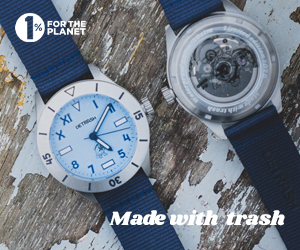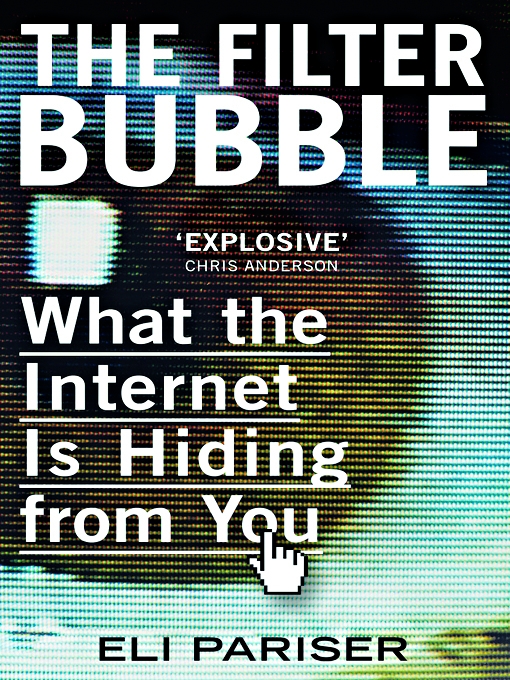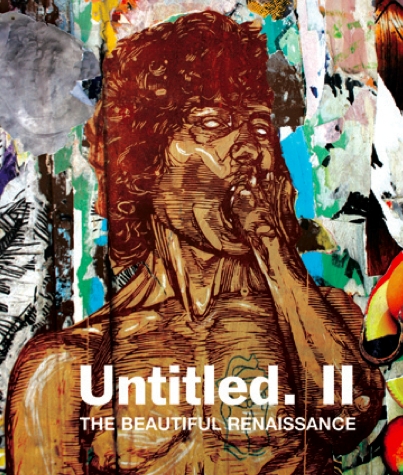Sublime: I was taken aback when I saw the album title. I thought, I didn’t know Tracy Chapman could be so sarcastic!
Tracey Chapman: Good! That’s one of the reactions I was hoping for. That phrase is really about noting that concept within the context of this time and deciding what it means to you. Consider where we are right now. In some ways it looks like there have been major positive changes, in the US for instance. There’s a possibility we may have the first African-American for president. That would be a sign that some things have gotten better. At the same time the US is involved in two wars, Iraq and Afghanistan, and it looks like there’s no end in sight. And our economy is failing, so that part of the future looks rather bleak. I decided to make that song title the album title because I thought it might be thought-provoking.
S: Your last album dealt with the themes of roots, home and place. This album goes from the very personal – for instance the songs about love towards the end of the album – to the very political. What brought about this shift of interest?
TC: I simply write about the things that interest me. These songs were written mostly in 2007, some in 2008, and they reflect many of the areas that you can’t escape when you’re paying attention to what’s happening in the world. Even though I didn’t sit down with the idea of writing a song about war, I’m not surprised that I wrote a couple, or that I wrote a song about religion, which is taking such a prominent role in political life in the US nowadays. It’s something that is a part of public discourse.
S: The one about religion, “Save Us All”, is my favourite song on the album. It completely nails the dangerous implications of fundamentalist thought, Christian or otherwise, in politics. Have you had any reactions to that song yet?
TC: No, I haven’t had any reactions to it in the States. And I think that will be most telling, to see how people respond to it there. It’s an interesting song, because if you don’t listen to it carefully you could come away with a very different perspective, thinking that I myself might have these kinds of religious beliefs. So I’m expecting it will be misinterpreted by the time I get back to the States. But what you noted is what I was looking at in the song, the radical fundamentalist approach to religion, and specifically the way evangelical Christians in the US have attempted to impose their value system and their beliefs on everyone else and tried to inject it into politics, and to do so in an attempt to change policies. We’re supposed to have separation between Church and State in US, but those lines have been blurred over the last few years. That song is saying that we need to be saved from the very people who think the rest of us who don’t agree with them need to be saved.
S: Why did you go to Los Angeles to record the new album when you seemed to enjoy recording your last album in your own studio in San Francisco so much?
TC: That’s a very good question! Larry Klein, that’s the answer. I co-produced the record with him. He lives in LA. When I called him he actually wasn’t sure he’d be available as he and his wife were expecting their first child. He got back to me to say, Yes, I can do that, but my wife needs me to be close. Their baby was due in August. We were keen to be finished by then, but of course babies don’t necessarily accommodate other peoples’ schedules. So I agreed to work in LA – and the baby waited.
S: This year marks the twentieth anniversary of your beginnings. Mistakes and Accidentswas a track on your last album. Do yousometimes wonder what would have happened if Stevie Wonder hadn’t had a technical hitch at the Nelson Mandela concert all that time ago and you hadn’t been pulled in to replace him?
TC: I’ve never gone back to review that moment with that much specificity. There are so many moments like that for me in my life, and they go so much further back! There are moments of happy coincidence or moments of good fortune that often seem to make all the difference. When I’m asked if there was some pivotal moment that changed the course of my life, my response is always, yes. It was getting a scholarship to a private boarding school when I was 16 years old. That scholarship led to me having an opportunity to go to college. I received another scholarship that got me to Boston. Once I was in Boston I was street-performing and playing in coffee houses. In school a class mate’s father who was in the music business came to one of my coffee-house shows and offered me a production deal. From that I was signed to Elektra records. The first record I was supposed to make was with Alex Sadkin, who produced Simply Red at that time, but he was in a car accident in Jamaica and he died, so the production company had to look for another producer. They actually sent me into the studio with a staff producer, but that didn’t work. We did record two or three songs that are on my first record – “Baby Can I Hold You” was one. The recordings were horrible! Had that record come out I wouldn’t be talking to you today. So they found David Kerschenbaum, who did the first record with me. At that point the record company was hoping to be sell 200,000 copies. They didn’t really have very high expectations. And then I got invited – I still don’t know why – to the Nelson Mandela birthday concert in London and the moment that you described came to pass. I assumed they were gonna put me on, but I guess there was a possibility that I might never have got on, because no one knew who I was. And I guess I have often forgotten the fact that I went into Stevie Wonder’s primetime slot. That probably made a huge difference, because there were so many people were watching. And then of course that led to my invitation to be part of the Amnesty International/Human Rights tour. It was one thing after another, and if just one of those things hadn’t happened I’m not sure I’d be sitting here today.
S: Do you still re-live the feeling when you wandered on to that stage for the first time?
TC: Ha! Not really. I just remember that day was a bit chaotic. It was all very last minute – they didn’t really know when I was going on. I was terrified, it was pretty overwhelming. But because I wasn’t entirely prepared, suddenly they ran backstage, saying, We need you to go on now, so we were running to the stage with all my equipment. I didn’t have enough time to be paralysed.













